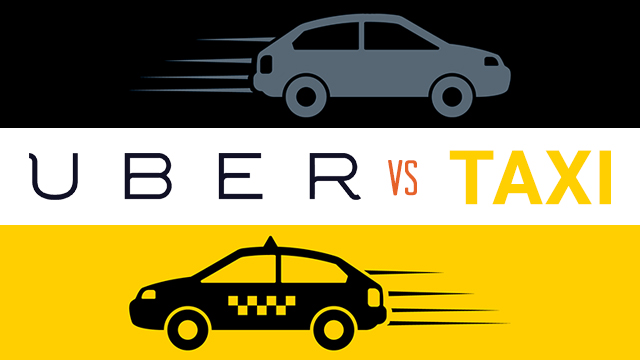When any new company comes into the country it displaces something. In the case of the service offered by Uber, taxi drivers have rightly become upset feeling replaced by a company offering lower rates because they have no legal supervision.
Deputies have therefore been trying to come to some kind of agreement on a legal framework by which taxis and digital platforms like Uber and Lyft can coexist peacefully and without constant protests.
They have the user’s best interest in mind as well as details from both sides of the equation. Can the two models live together? The bill aims to set fair rules that balance the playing field.
Taxi drivers will get some exceptions. They will no longer have to get two inspections a year, just one. They can negotiate prices with customers. They are not subject to value added tax. Uber drivers will have to pay the right of operation for each driver whereas taxis pay per vehicle. This makes them able to compete with Uber.

